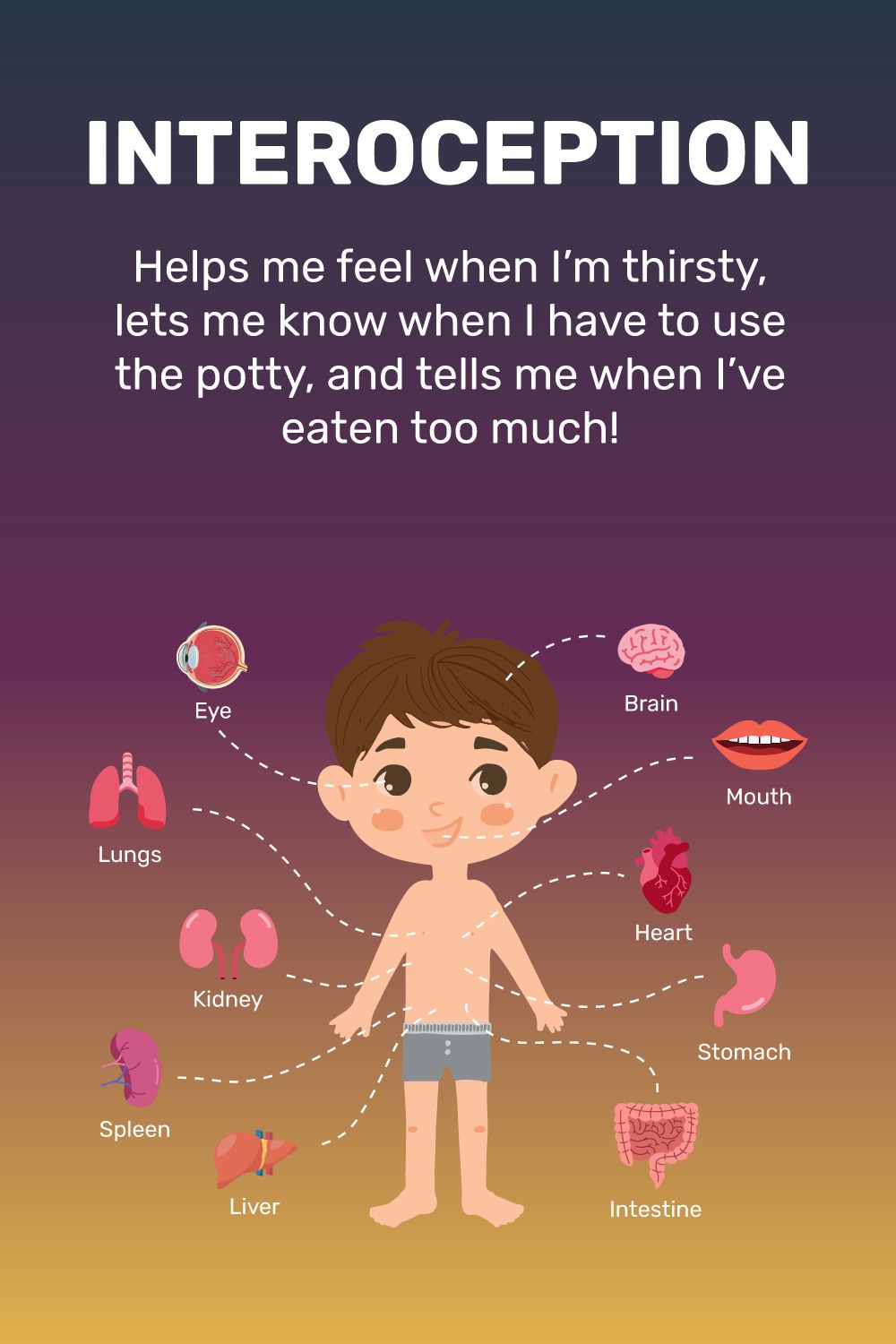Alice in Wonderland Syndrome can cause a range of unusual perceptual experiences. These symptoms often occur in episodes lasting minutes to hours.
- Visual distortions: Objects appear larger, smaller, closer, or farther away than they are
- Time perception changes: Time seems to speed up or slow down
- Body image alterations: Parts of the body feel disproportionate or misshapen
- Sound distortions: Noises seem louder or softer than normal
- Loss of limb control: Feeling like limbs are moving on their own
| Common Triggers |
Associated Conditions |
| Stress |
Migraines |
| Fatigue |
Epilepsy |
| Infections |
Viral infections |
While these symptoms can be scary, it’s important to remember that AIWS isn’t harmful. With understanding and support, kids can learn to manage their experiences and thrive.
This post was originally published on July 11, 2023. It was updated on August 17, 2024.












